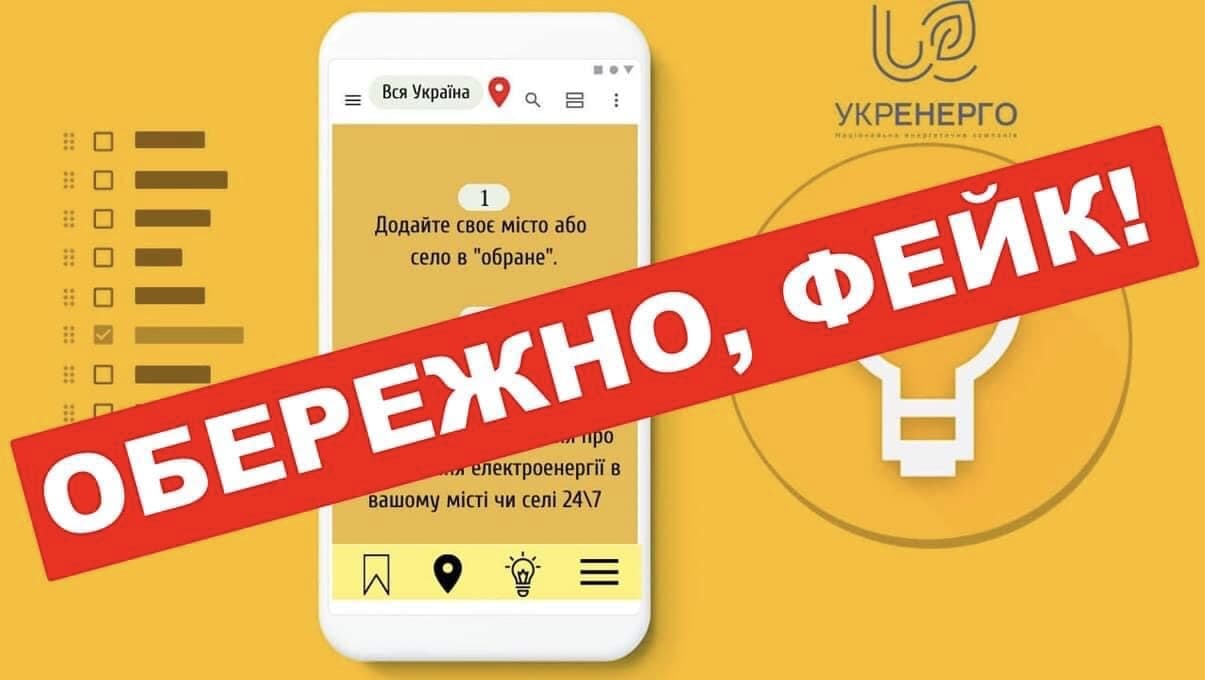Message Ukraine disrupted the work of the "grain corridor"
After Saturday's "attack against ships of the Black Sea Fleet" in Sevastopol, Russian resources spread several messages. Russia is allegedly withdrawing from the "grain agreement" due to "an attack against ships of the Black Sea Fleet involved in guaranteeing the safety of vessels delivering Ukrainian grain within the so-called Black Sea Initiative." Because of this, on October 31, Russia will initiate a meeting of the UN Security Council. A ship is a combat unit of a fleet that is a legitimate target in wartime. The Kremlin claims the attack was on ships, not civilian sea transport vessels.
The humanitarian corridor for grain export from Ukraine was allegedly used to cover the attack on the Sevastopol raid. The Ministry of Defense of Russia stated that this attack was a terrorist attack by Kyiv with the participation of specialists from Great Britain. There is no evidence for this. Ukraine has not claimed responsibility for this attack.
The South's defense forces assume that the explosions in occupied Sevastopol could have been caused by the Russian invaders' failed launches of air defense missiles. Propagandists assure Kyiv's fault that Europeans will be left without grain because it was not delivered to Africa. As you know, 72% of wheat went to Africa, Asia, and Turkey in two months. In fact, before this "attack," Russia threatened to withdraw from the "grain agreement" if its requirements were not met.
As the Minister of Foreign Affairs of Ukraine, Dmytro Kuleba, noted, Russia found a fictitious excuse for withdrawing from the agreement.


